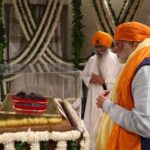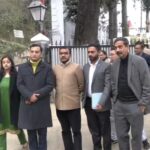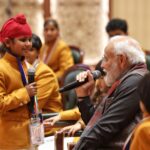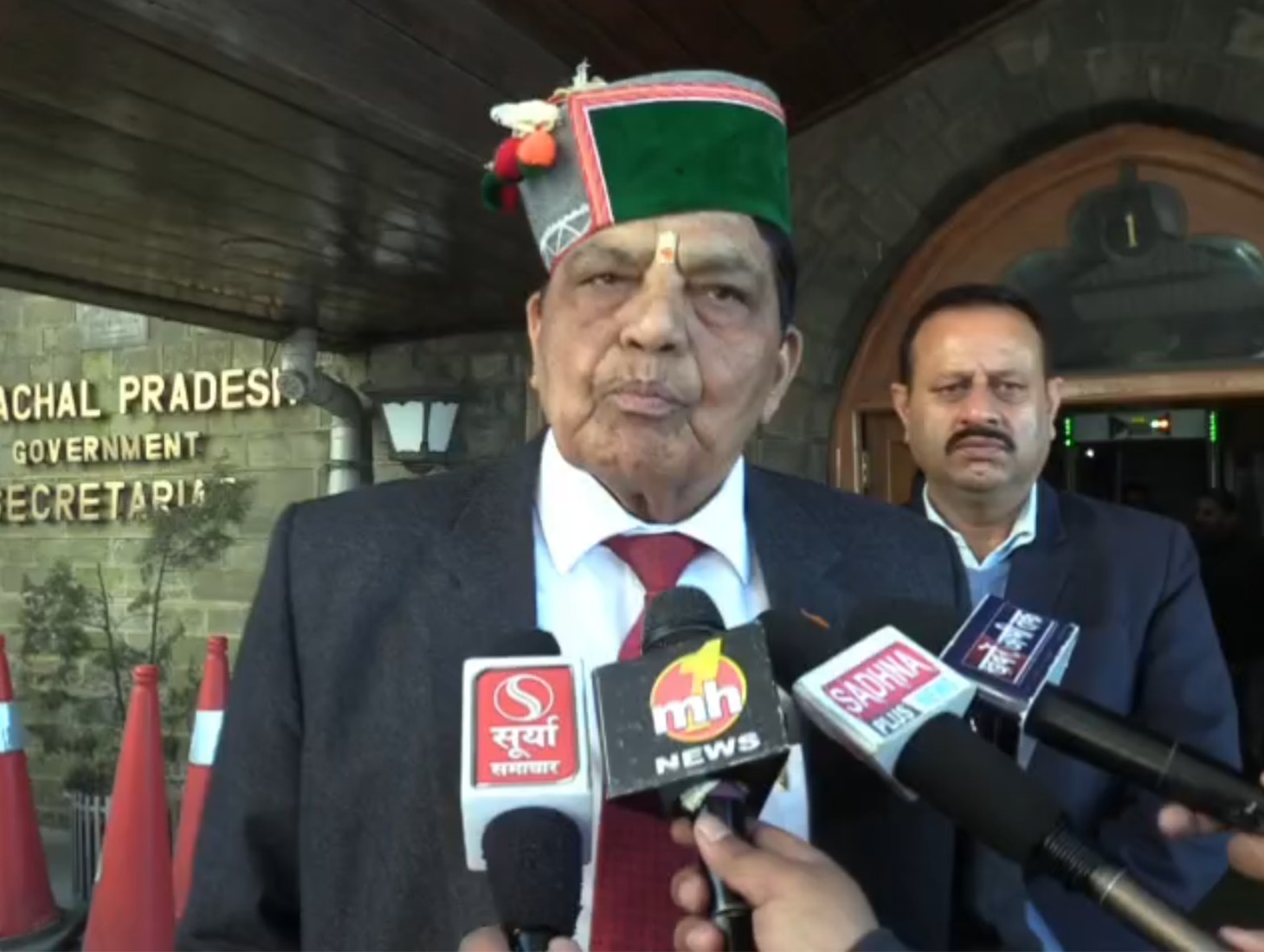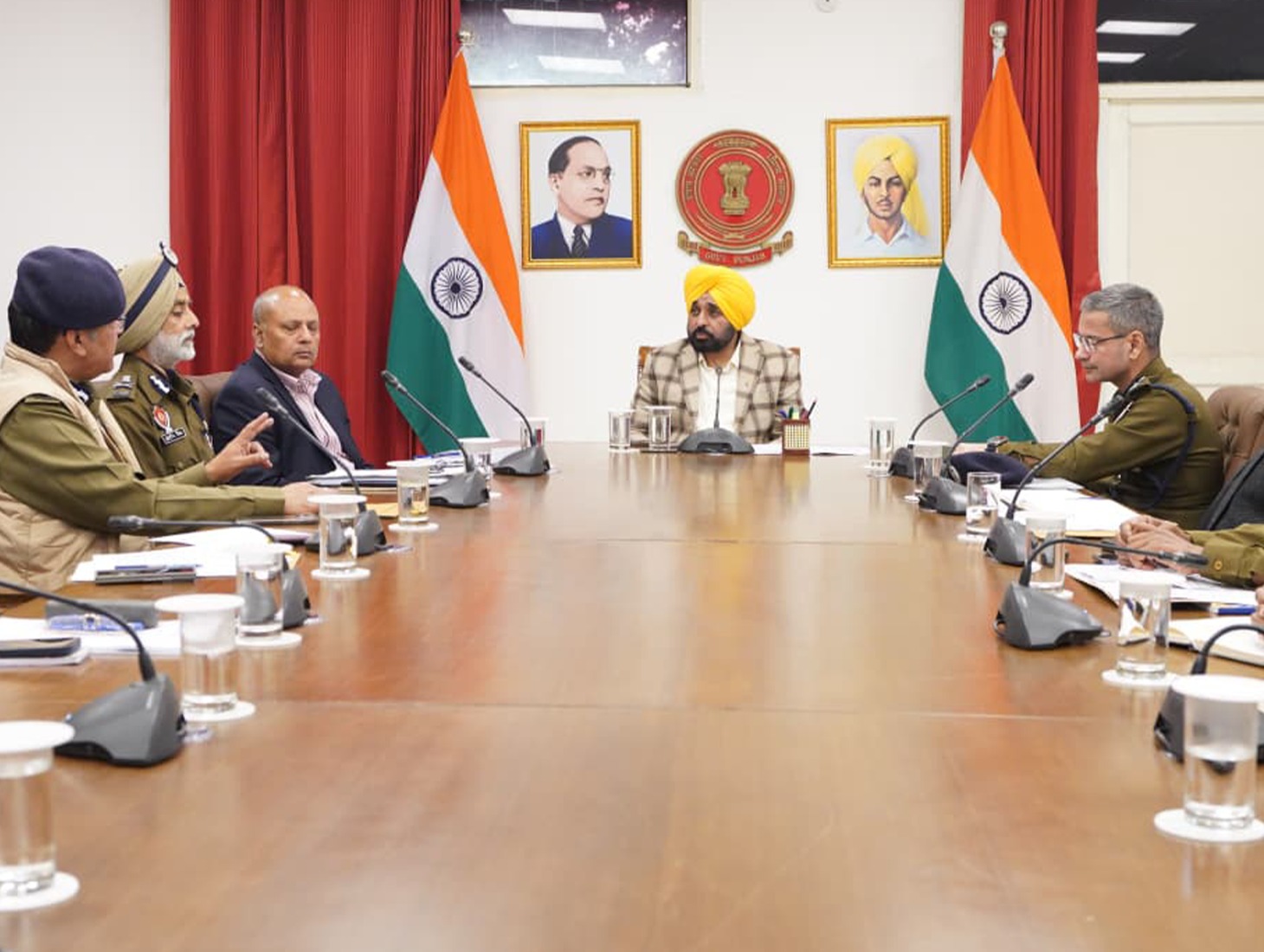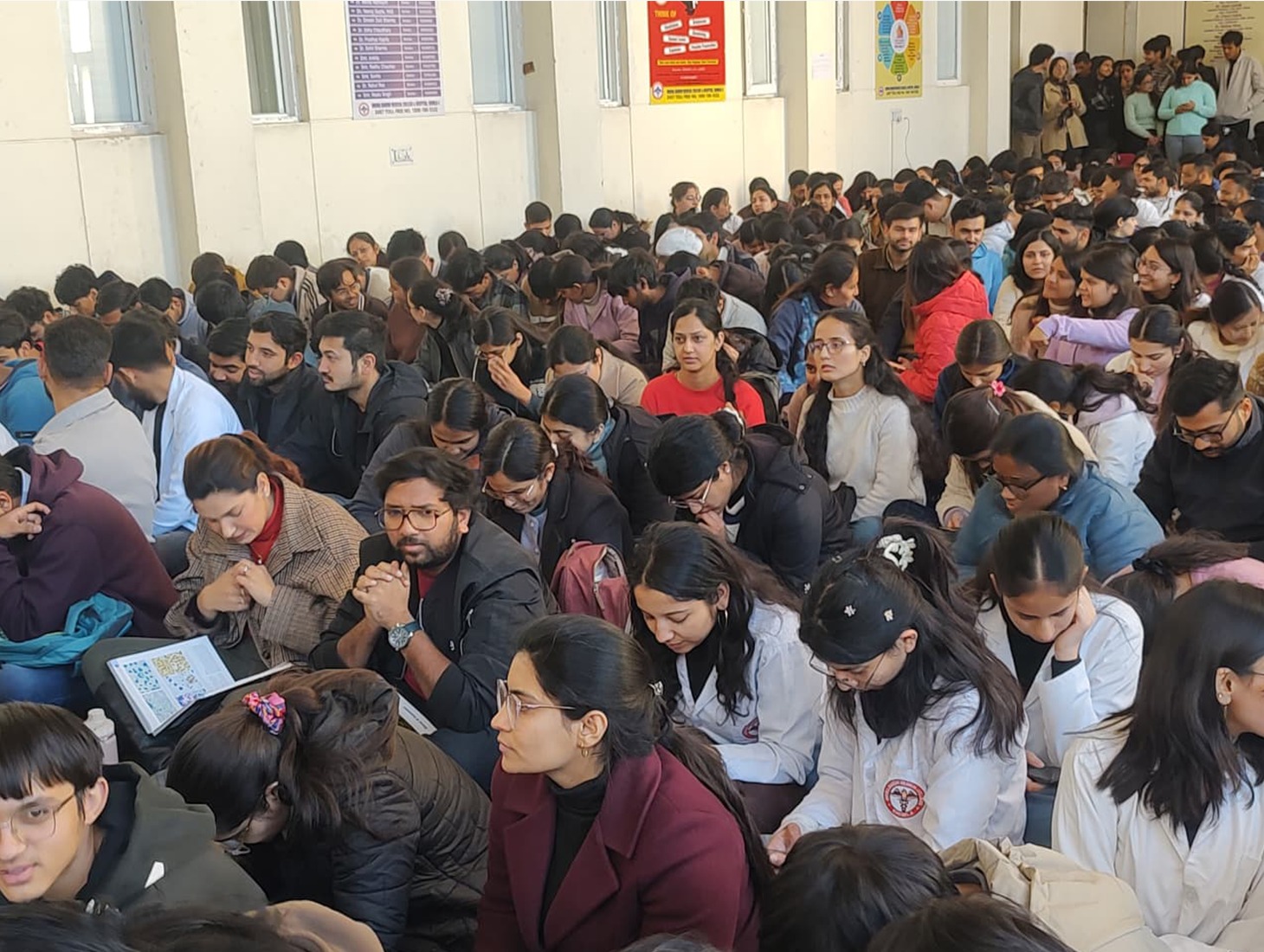The North News
Chandigarh, November 6
Dr Rama Walia, Additional Professor in the Department of Endocrinology at PGIMER Chandigarh, has been honoured with the prestigious Subhash Mukherjee Oration, an award named after the Indian scientist who pioneered reproductive medicine and infertility treatment in India.
Delivering her oration, Dr Walia presented a detailed and accessible lecture on Hypogonadotropic Hypogonadism, a rare but serious hormonal disorder that delays or prevents puberty. She used the platform to raise awareness about the condition, which can significantly affect children’s growth, development and emotional well-being if left untreated.
At PGIMER’s endocrinology department, Dr Walia and her colleagues regularly see children and adolescents with delayed or early puberty. She stressed that early identification and proper treatment can completely change the life outcomes of affected children. “When puberty is disrupted, the sooner we intervene, the better the outcomes for the child’s body and mind,” she said.
Dr Walia explained that puberty is a natural transition from childhood to adulthood driven by a delicate hormonal balance involving the brain, pituitary gland, and reproductive organs. When this system fails, it may cause either delayed puberty, as seen in Hypogonadotropic Hypogonadism, or early (precocious) puberty.
She highlighted that these are not simply variations of normal growth but medical conditions requiring timely evaluation. Children with delayed puberty may remain shorter than peers and experience low bone density and infertility later in life, while those with early puberty may stop growing too soon or face higher risks of metabolic and emotional disorders.
Dr Walia urged parents and teachers to watch for signs such as absence of puberty in girls by age 13 or boys by 14, or early development before age 8 in girls and 9 in boys, stressing that such signs should prompt medical evaluation rather than be dismissed as “just a phase.”
She also spoke of the FSH-stimulated Inhibin B (FSH-iB) test, developed and validated at PGIMER under her guidance, as a reliable diagnostic tool for distinguishing constitutional delay from true hormone deficiency. Published in the Journal of Clinical Endocrinology and Metabolism (JCEM), the test showed 100% accuracy in predicting puberty onset.
Building on this work, Dr Walia’s team recently published a randomized clinical trial in Endocrine Practice comparing new combination hormone therapies for male fertility restoration in congenital hypogonadotropic hypogonadism. The study demonstrated that a low-dose combination of hCG, FSH, and testosterone (LFT protocol) was as effective as traditional high-dose regimens, while also improving monitoring and safety through biomarkers like AMH and inhibin B.
These findings, Dr Walia said, represent major progress in managing puberty disorders and infertility through biomarker-guided personalized therapy.
The Subhash Mukherjee Oration recognises her scientific excellence and public health advocacy, reflecting her commitment to translating complex endocrine research into practical, life-changing care.
“Awareness, vigilance, and timely medical care,” she concluded, “can help our children grow into healthy, confident adults.”






